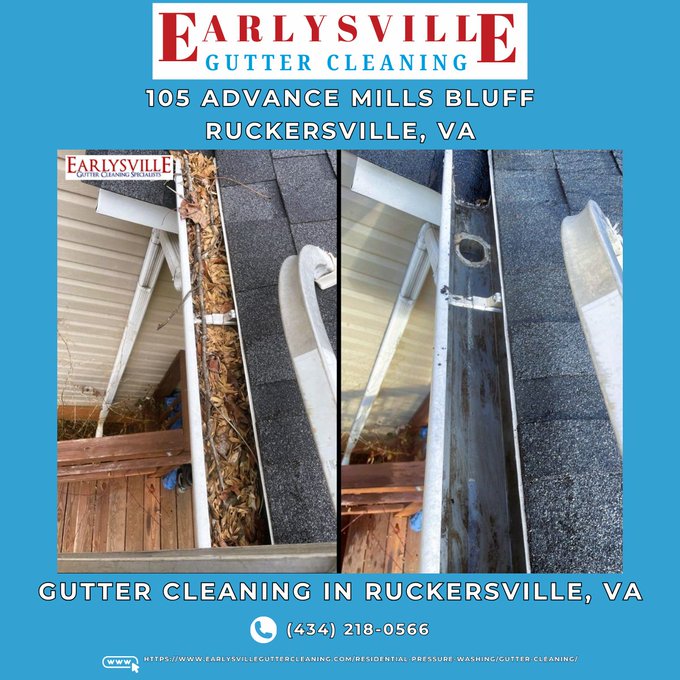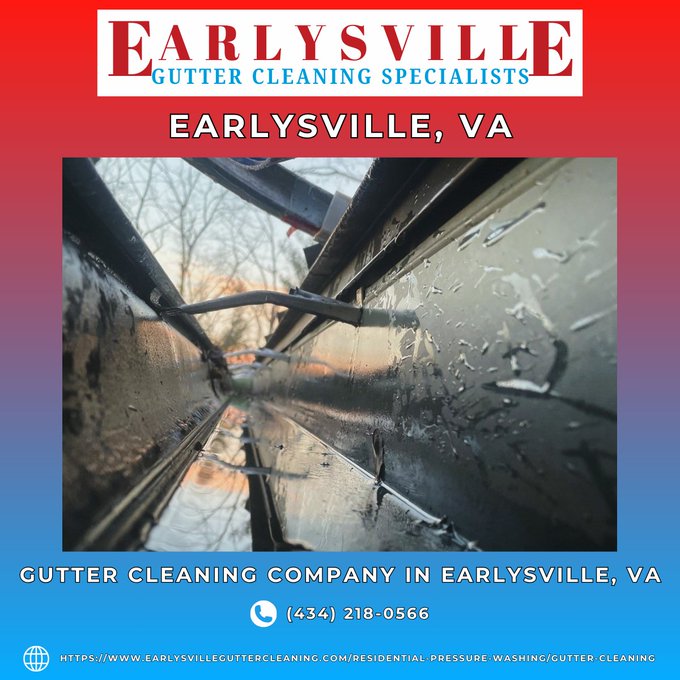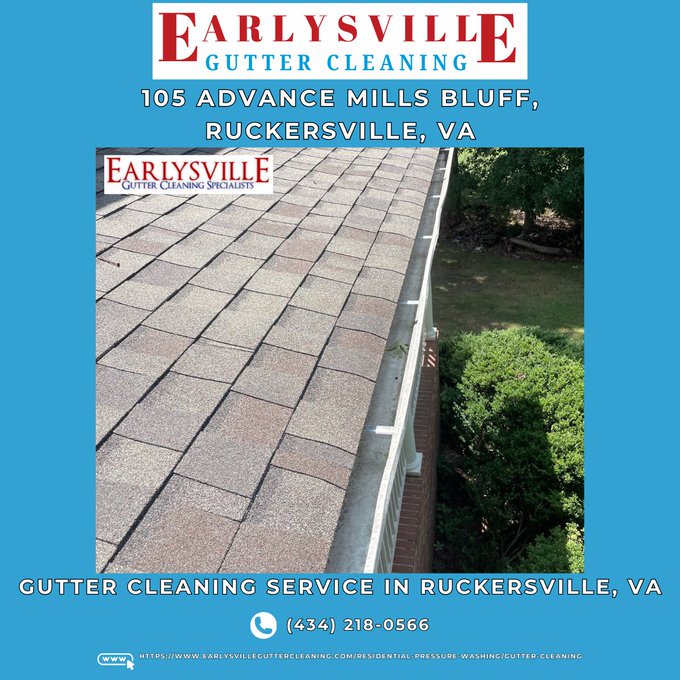
Drying Time Matters: How Long Should Your House Dry After Pressure Washing?
Introduction
Welcome to our comprehensive guide on drying time after pressure washing your house. Pressure washing is a popular method for cleaning exterior surfaces, as it effectively removes dirt, grime, mold, and mildew. However, after completing the pressure washing process, it is essential to allow sufficient drying time before moving on to the next steps. In this article, we will explore the importance of drying time and provide you with valuable information on how long your house should dry after pressure washing.
Does Pressure Washing a House Make a Difference?
Pressure washing can make a significant difference in the appearance and cleanliness of your house. By using high-pressure water spray, pressure washers are able to remove stubborn stains, dirt, and debris from various surfaces such as siding, decks, driveways, and patios. The powerful stream of water not only cleans the surface but also helps to restore its original look. Whether you want to improve curb appeal or prepare your house for painting or staining, pressure washing can make a noticeable difference.
Can You Overuse a Pressure Washer?
While pressure washers are effective tools for cleaning various surfaces, overusing them can cause damage. Excessive pressure or using the wrong nozzle can strip paint, etch wood surfaces, and even crack concrete. It is important to understand the appropriate pressure levels and techniques for different materials before using a pressure washer. Additionally, certain delicate surfaces such as windows or fragile landscaping should be avoided when using a pressure washer to prevent any potential damage.
How Much Value Does Pressure Washing Add to a House?
Pressure washing can significantly increase the value of your house by enhancing its overall appearance and curb appeal. A clean and well-maintained exterior creates a positive first impression on potential buyers or visitors. Additionally, regular pressure washing can help prevent long-term damage caused by dirt buildup or mold growth. By investing in pressure washing, you are not only improving the aesthetics of your house but also protecting its structural integrity.
How Often Should I Power Wash Vinyl Siding?
Vinyl siding is a popular choice for homeowners due to its durability and low maintenance. While vinyl siding does not require frequent cleaning, it is recommended to power wash it at least once a year to remove dirt, pollen, mold, and mildew. Regular cleaning helps to maintain the appearance and longevity of your vinyl siding.
How Often Should Your House Be Pressure Washed?
The frequency of pressure washing your house depends on various factors such as climate, location, and surrounding environment. Generally, it is advisable to pressure wash your house every 1-3 years. However, if you notice excessive dirt buildup, mold growth, or stains on the exterior surfaces, it may be necessary to pressure wash more frequently.
Do Houses Need to Be Washed?
Yes, houses need to be washed regularly to maintain their appearance and prevent damage caused by dirt, grime, mold, or mildew buildup. Exterior surfaces are constantly exposed to the elements and can accumulate debris over time. Regular washing helps to preserve the beauty of your house and extend its lifespan.
How Long Does It Take to Pressure Wash a 2000 Sq Ft House?
The time required to pressure wash a 2000 square foot house can vary depending on several factors such as the condition of the surfaces, equipment used, and experience of the operator. On average, it may take anywhere from 2-6 hours to complete the pressure washing process for a house of this size.
What Are the Cons of Pressure Washing?
While pressure washing offers numerous benefits, there are also some potential drawbacks that should be considered. Some cons of pressure washing include:
How Long Should a House Dry After Pressure Washing?
The drying time after pressure washing your house is crucial to ensure proper adhesion of any subsequent treatments such as painting or staining. The exact drying time can vary depending on factors such as weather conditions, surface material, and the cleaning solution used. In general, it is recommended to allow your house to dry for at least 48 hours before proceeding with any additional treatments.
Should You Power Wash Vinyl Siding?
Power washing vinyl siding is an effective method to remove dirt, mold, and mildew from the surface. However, it is important to use caution when power washing vinyl siding to avoid causing damage. Using too much pressure or holding the nozzle too close to the surface can result in dents or cracks. It is advisable to adjust the pressure settings and maintain a safe distance from the surface while power washing vinyl siding.
What Is the Difference Between Pressure Wash and Power Wash?
The terms "pressure wash" and "power wash" are often used interchangeably, but there are slight differences between the two methods. Pressure washing typically refers to using high-pressure water spray to clean surfaces, while power washing involves using a combination of high-pressure water and heated water. The addition of heat in power washing helps to remove tough stains and grime more effectively.
How Do I Prepare My House for Pressure Washing?
Before starting the pressure washing process, it is important to properly prepare your house to ensure optimal results. Here are some steps you can take:
What Does Pressure Washing a House Include?
Pressure washing a house typically involves the following steps:
What Happens If You Don't Wash Your House?
Neglecting to wash your house regularly can lead to several issues:
Can You Over Clean a House?
While it is important to maintain cleanliness, overcleaning your house can also have negative consequences. Excessive cleaning using harsh chemicals or abrasive scrubbing can damage surfaces and cause them to deteriorate prematurely. It is essential to strike a balance between regular cleaning and avoiding excessive or unnecessary cleaning.
What PSI Should My House Wash Be?
The appropriate PSI (pounds per square inch) for house washing depends on the type of surface being cleaned. Here are some general guidelines:
How Much Value Does Pressure Washing Add to a House?
Pressure washing can add significant value to your house by enhancing its appearance and condition. While it is difficult to quantify the exact value added, studies have shown that improving curb appeal through exterior cleaning can increase property values by up to 5%. Additionally, pressure washing helps maintain the integrity of various surfaces, potentially saving you money in long-term repairs.
Should I Pressure Wash My House Myself?
Pressure washing your house yourself can be a cost-effective option if you have the necessary equipment and experience. However, it is important to consider safety precautions and proper techniques to avoid any damage or injury. If you are unsure https://www.earlysvilleguttercleaning.com/ Eavestrough Cleaning or uncomfortable with pressure washing, it is recommended to hire professional services who have the expertise and equipment to ensure optimal results.
Where Should You Not Use a Pressure Washer?
While pressure washers are versatile tools, there are certain areas where they should not be used:
Should You Use Customers' Water When Pressure Washing?
Using customers' water when pressure washing is a common practice among professionals. However, it is important to discuss this with the customer beforehand and ensure that their water source can provide sufficient pressure and volume for effective cleaning. In some cases, professionals may bring their own water supply if the customer's source is insufficient.
Why Is Pressure Washing So Expensive?
The cost of pressure washing services can vary depending on factors such as the size of the house, location, and additional services required. Some reasons why pressure washing may seem expensive include:
Can You Use Dawn to Clean Vinyl Siding?
Yes, you can use Dawn dish soap to clean vinyl siding effectively. Dawn is a gentle cleaner that helps remove dirt, grime, and stains without causing damage to the vinyl surface. Mix a solution of warm water and Dawn dish soap, apply it to the siding using a soft brush or sponge, scrub gently, and rinse thoroughly with water.
What Do Professionals Use to Clean Vinyl Siding?
Professionals often use specialized cleaning solutions formulated specifically for vinyl siding. These solutions are designed to effectively remove dirt, mold, mildew, and stains without causing damage to the surface. Additionally, professionals may use pressure washers with adjustable settings to ensure optimal cleaning results.
What Should You Not Clean Vinyl Siding With?
When cleaning vinyl siding, it is important to avoid using harsh chemicals or abrasive materials that can damage the surface. Here are some things you should not clean vinyl siding with:
Conclusion
In conclusion, proper drying time after pressure washing your house is crucial to ensure optimal results and prevent potential damage. The length of drying time may vary depending on various factors, but it is generally recommended to allow at least 48 hours for thorough drying. By following the guidelines and tips provided in this comprehensive guide, you can safely and effectively pressure wash your house while achieving the best possible outcomes. Remember to exercise caution, use appropriate techniques and equipment, and consider hiring professional services if needed.

